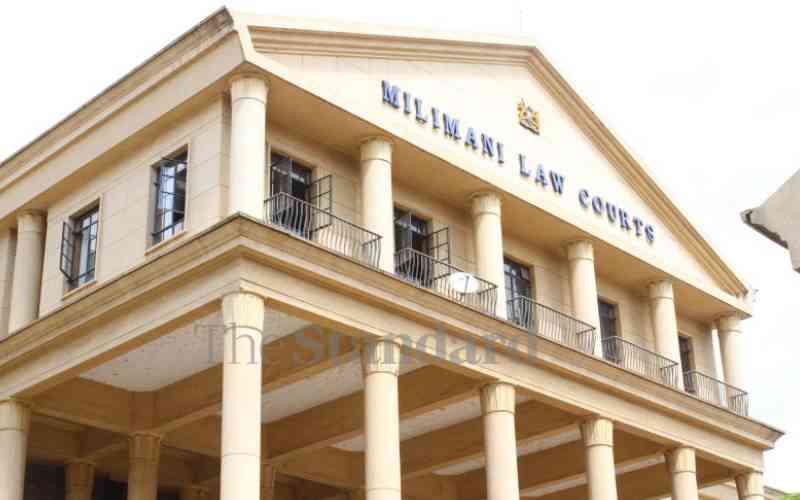×
The Standard e-Paper
Join Thousands of Readers

Simon Kimwele was charged with obtaining Sh2.9 million through false pretence that he could supply gold to one Raphael Wachenje.
However, after the trial, Justice Joseph Sergon acquitted him after finding that there was no evidence to prove he received the money from the complainant.